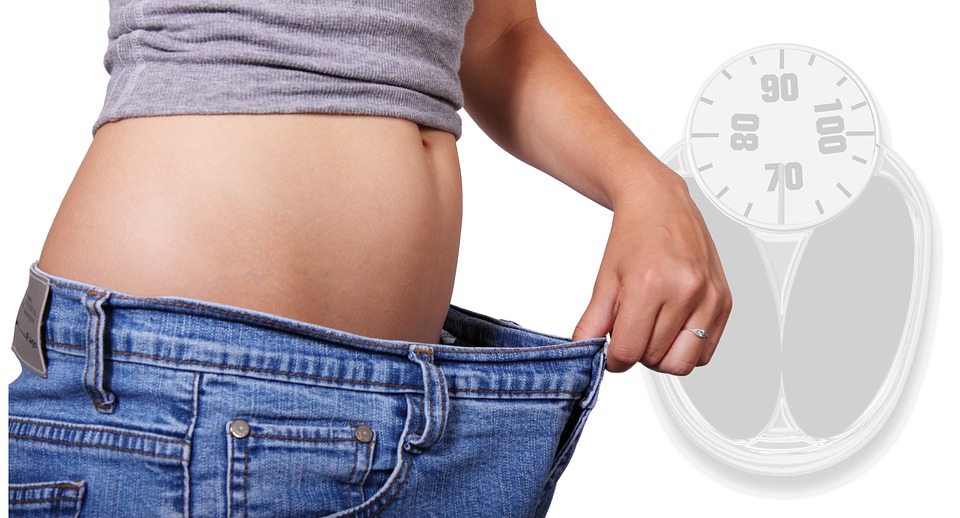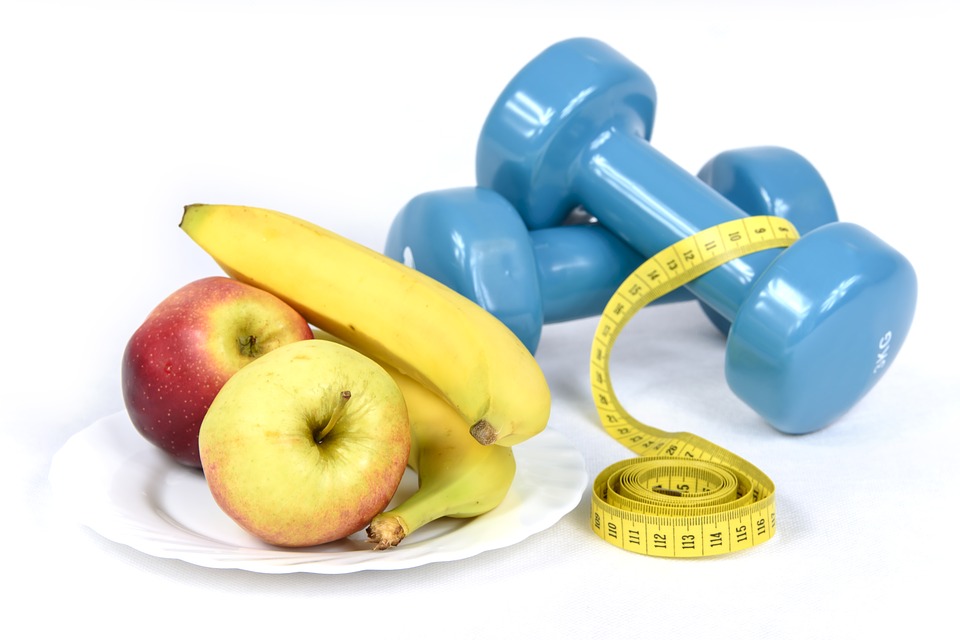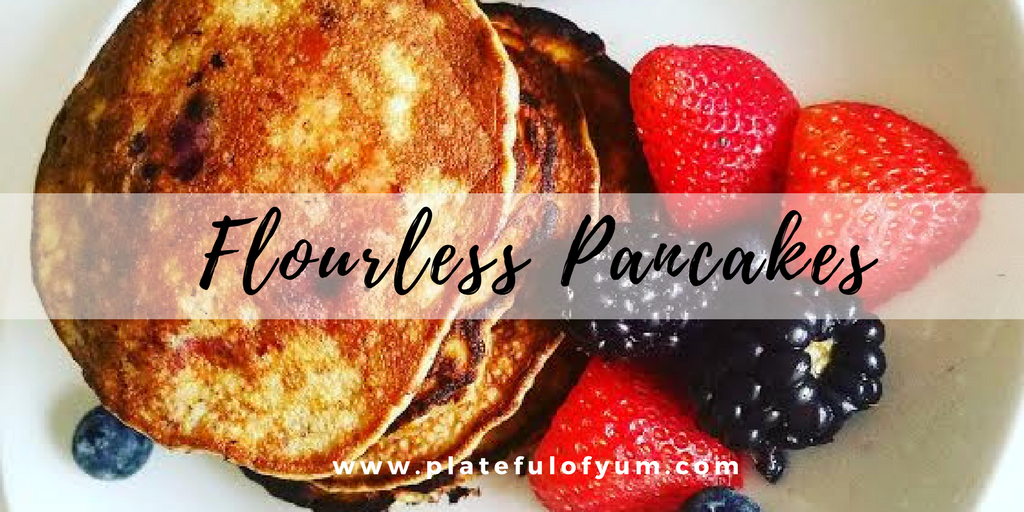If you are having nutrition related issues with your health, do not visit someone who calls themselves a ‘nutritionist’ without adequate research. Especially in the state of Michigan, you will want to go to a Registered Dietitian, as this is the ultimate expert in nutrition. As a Registered Dietitian in Michigan, I often get asked what the difference is between a Registered Dietitian and a Nutritionist. To outsiders (those who are not in the field of nutrition and dietetics) these titles are used interchangeably. However, there are significant differences between the two.
A registered dietitian (RD) is an expert in nutrition, who has satisfied the academic, training and professional requirements established by the Academy of Nutrition and Dietetics’ (AND) Commission on Dietetics Registration (CDR). “RD” is a nationally recognized professional credential, which is conferred by the AND.
Before the RD credential can be received, the individual must complete a specially designed, accredited nutrition curriculum, go through an extensive supervised program of practice in some or all of the following areas- a health care facility, food service organization or community agency, and pass a rigorous registration exam.
A dietetics curriculum is comprised of more than just menu planning and food science. It also includes clinical nutrition, nutrition through life’s cycle, medical-nutrition therapy, nutritional counseling, anatomy, physiology, biochemistry, and social sciences. Almost half of Registered Dietitian in Michigan possesses a Master’s degree in nutrition, and many have additional certifications in specialized fields such as renal, pediatric, sports, or oncology nutrition.
In order to remain registered, an RD must meet 75 hours of continuing professional education per 5 year period, and must also complete a professional portfolio with approved professional development goals and objectives by the AND.
On the flip side, anyone can use the title “nutritionist” with or without education, and/or training, in human nutrition. Some nutritionists may have a bachelor’s degree in food, nutrition and dietetics. However, lack of the RD credential means that the individual has either not completed an accredited pre-professional internship/ practice program, or has not passed the national board examination for registered dietitians (or both). To put it simply: Not all nutritionists are registered dietitians, but all registered dietitians are nutritionists.
In March of 2013, the CDR approved the use of the credential “registered dietitian nutritionist” (RDN) by registered dietitians (RD) which emphasizes that all registered dietitians are nutritionists. This title is optional for use by RD’s and was approved by the dietetic registration board to “communicate a broader concept of wellness, as well as treatment of conditions.”
As a Registered Dietitian in Michigan, I work with individuals to improve their health status and I also work with health care organizations to improve patient outcomes by performing thorough assessments, clinical nutrition and dietary compliance audits, and best practices nutrition standard of care.
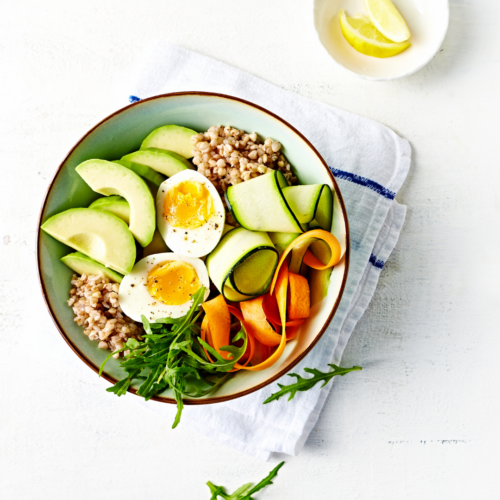
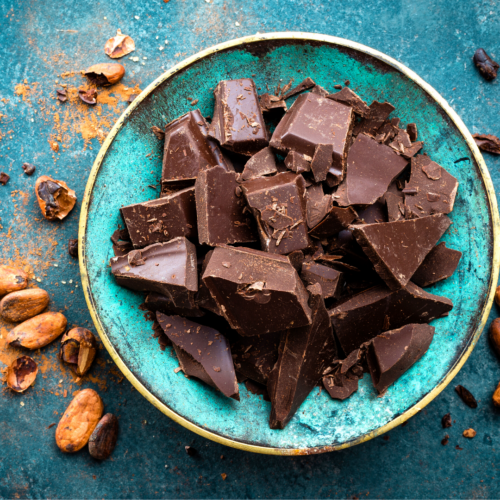 In the production process of turning cocoa beans into chocolate, two substances are formed- cocoa butter and cocoa solids. The cocoa solid content of the chocolate determines the amount of caffeine contained in the end product. The darker the chocolate, the greater the amount of cocoa solids contained which translates into higher amounts of caffeine. White chocolate however, is only comprised of cocoa butter. Since it does not contain cocoa solids it does not contain any caffeine.
In the production process of turning cocoa beans into chocolate, two substances are formed- cocoa butter and cocoa solids. The cocoa solid content of the chocolate determines the amount of caffeine contained in the end product. The darker the chocolate, the greater the amount of cocoa solids contained which translates into higher amounts of caffeine. White chocolate however, is only comprised of cocoa butter. Since it does not contain cocoa solids it does not contain any caffeine. 